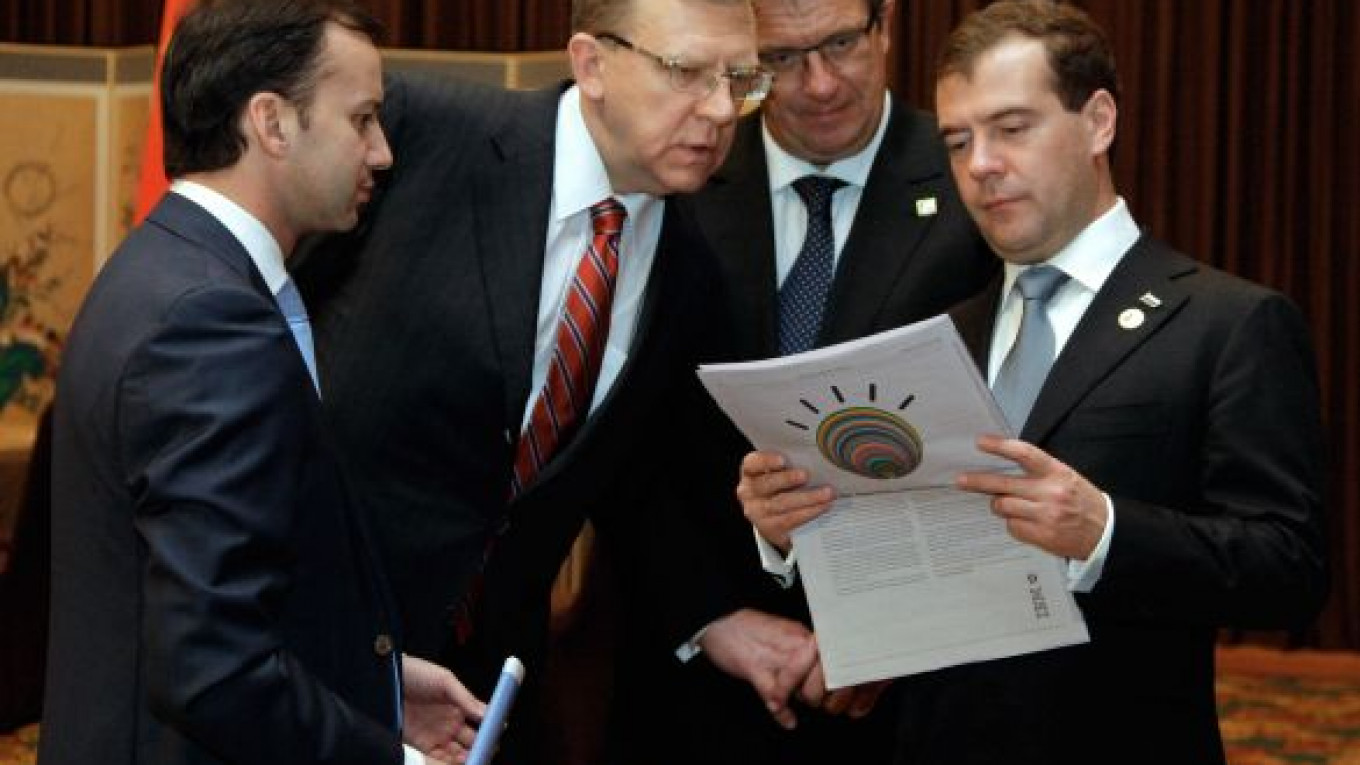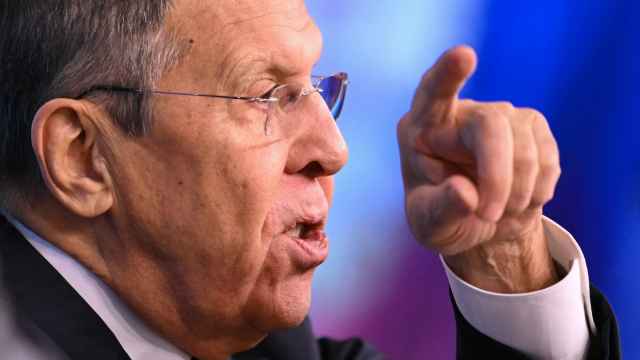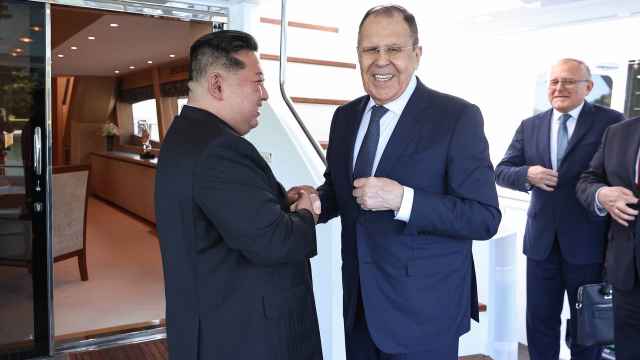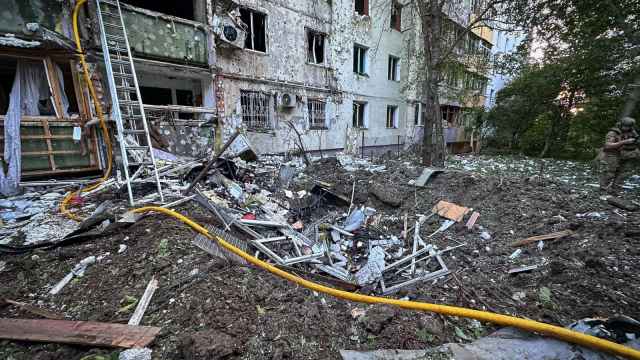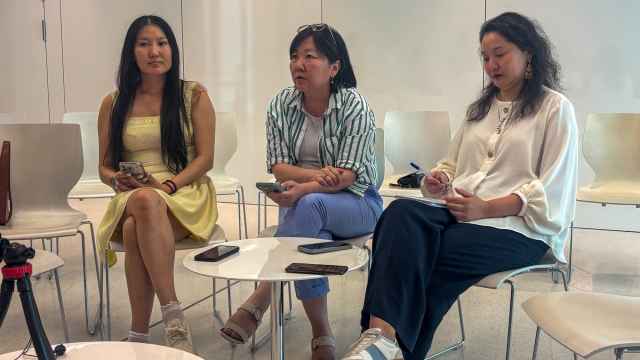President Dmitry Medvedev will hold an online question-and-answer session with the public next week in what analysts called a show of his commitment to modernization and his wish to run for president in 2012.
The Internet session, Medvedev's first since 2007, will begin at 1 p.m. on Tuesday, and the topics that are discussed will be included in Medvedev's annual state-of-the-nation address, Nezavisimaya Gazeta reported Thursday, citing a source in the office of presidential envoy Ilya Klebanov.
A date for the state-of-the-nation address has not been set, but Nezavisimaya Gazeta reported earlier this month, citing a Kremlin source, that the speech would be delivered in November. Its theme will not be announced beforehand, just like last year, the report said.
Spokespeople for Klebanov and the Kremlin refused to comment Thursday on the online session and the annual speech.
Medvedev wants to use new technologies to communicate directly with the population, said Andrei Rylsky, director of marketing communications with the Willard Group Moscow.
Independent political analyst Stanislav Belkovsky said Medvedev "is demonstrating that he is eager to run for president in 2012 but not as Putin's copy."
Prime Minister Vladimir Putin started holding annual televised question-and-answer sessions with the public in 2001. Another televised show is scheduled for later this year, his spokesman Dmitry Peskov said by telephone.
Putin held a sole Internet conference in 2006 and was swamped with joke questions such as whether Russia planned to introduce giant piloted robots in its military. Putin ignored most of those questions.
Medvedev, for his part, held a television conference call with heads of three state television channels in December and an online Q-and-A with the public in 2007, ahead of his presidency campaign the following year.
Holding a conference call on the Internet instead of television "demonstrates a modernization vector" for Medvedev, Belkovsky said.
Various surveys estimate the number of Internet users in Russia at 44 million to 66 million — still less than a half of the 142 million population.
Editor's note: An earlier version of this article referred to the Willard Group/Burson-Marsteller Moscow. The correct name is the Willard Group.
A Message from The Moscow Times:
Dear readers,
We are facing unprecedented challenges. Russia's Prosecutor General's Office has designated The Moscow Times as an "undesirable" organization, criminalizing our work and putting our staff at risk of prosecution. This follows our earlier unjust labeling as a "foreign agent."
These actions are direct attempts to silence independent journalism in Russia. The authorities claim our work "discredits the decisions of the Russian leadership." We see things differently: we strive to provide accurate, unbiased reporting on Russia.
We, the journalists of The Moscow Times, refuse to be silenced. But to continue our work, we need your help.
Your support, no matter how small, makes a world of difference. If you can, please support us monthly starting from just $2. It's quick to set up, and every contribution makes a significant impact.
By supporting The Moscow Times, you're defending open, independent journalism in the face of repression. Thank you for standing with us.
Remind me later.


